| 8:45 a.m. – 9:05 a.m. ET | Opening ceremony with Elder Brenda |
|---|---|
| 9:05 a.m. – 9:50 a.m. ET | Welcome and Keynote Speaker: Rosita Hall |
| 9:50 a.m. – 10:50 a.m. ET | Session 1 |
| 10:50 a.m. – 11:00 a.m. ET | Virtual Tour: Regional Connections, Manitoba |
| 11:00 a.m. – 11:30 a.m. ET | CNC Group Discussions |
| 11:30 a.m. – 12:30 p.m. ET | Session 2 |
| 12:30 p.m. – 1:00 p.m. ET | Lunch/Exhibit Hall |
| 1:00 p.m. – 1:25 p.m. ET | Speed Networking |
| 1:25 p.m. – 1:30 p.m. ET | Stretch with Jackie |
| 1:30 p.m. – 1:40 p.m. ET | Virtual Tour: Wortley YMCA, Ontario |
| 1:40 p.m. – 2:40 p.m. ET | Session 3 |
| 2:40 p.m. – 340 p.m. ET | Session 4 |
| 3:40 p.m. – 3:45 p.m. ET | Daily Wrap-up |
| 9:00 a.m. – 9:05 a.m. ET | Welcome Back! |
|---|---|
| 9:05 a.m. – 9:15 a.m. ET | Virtual Tour: ISANS, Nova Scotia |
| 9:15 a.m. – 11:00 a.m. ET | Speaker: Barbara Kaiser |
| 11:00 a.m. – 11:30 a.m. ET | CNC Group Discussions |
| 11:30 a.m. – 12:30 p.m. ET | Session 5 |
| 12:30 p.m. – 1:00 p.m. ET | Lunch/Exhibit Hall |
| 1:00 p.m. – 1:25 p.m. ET | Speed Networking |
| 1:25 p.m. – 1:30 p.m. ET | Stretch with Jackie |
| 1:30 p.m. – 1:40 p.m. ET | Virtual Tour: MAGMA, New Brunswick |
| 1:40 p.m. – 2:40 p.m. ET | Session 6 |
| 2:40 p.m. – 3:20 p.m. ET | Wrap-Up and Closeout Speakers: Emma Richard and Rosita Hall |
Login to the event using the email with which you registered. If you are having difficulties, contact cncconference2023@getvfairs.io
 March 2, 2023 Session 1
March 2, 2023 Session 1 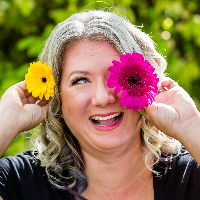 Tina Geers
Tina GeersMusic & movement are more than just singing and dancing. It’s a holistic and playful approach to learning that reaches the deepest parts of our soul. It’s a form of communication. It’s a way to regulate emotions. It connects people, families, and communities–and has an international language unto its own. Let’s build our music toolkits and talk about different ways to incorporate creative music and movement activities into CNC for a variety of learning contexts… and let’s have fun with music...even if we can’t sing or dance!
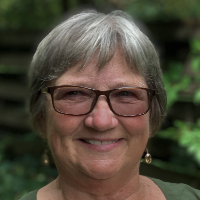 Jan Blaxall
Jan Blaxall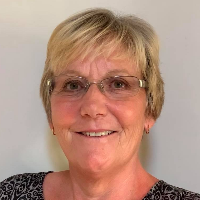 Janet Foster
Janet FosterResearch shows that positive, caring, and respectful relationships are the foundation for optimal learning, development, health, and well-being - and unhealthy relationship patterns have a long-term impact. In CNC, we know that children thrive in environments that are safe, nurturing, and predictable. To achieve this, intentional planning that is focused on social-emotional learning is essential. In this session, we’ll talk about strategies and resources that enhance emotional intelligence and self-regulation skills. Areas of focus include self-regulation, communication, awareness of one’s own and others’ emotions, and problem-solving strategies. Participants will see how this interrelated learning creates the conditions for the development of empathy.
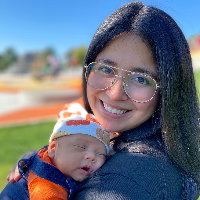 Ana Valle Rivera
Ana Valle RiveraIn this workshop participants get to explore what their image of the educator is and what it means to be a professional in the field. We are constantly saying we are not babysitters. We do important work and we are the backbone of the economy. Let us think about ways in which we can support each other from a strength-based and solution-based perspective to think about ways to advocate for the children, families, and the profession we love so much.
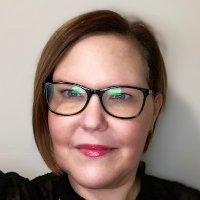 Julie Hansen
Julie HansenWhat does circle time mean to you? Come and explore all the different possibilities that group time can offer. Learn how to incorporate science, math, and dramatic play experiences, embrace emergent learning opportunities, transition ideas, and build resources.
 March 2, 2023 Session 2
March 2, 2023 Session 2 Tina Geers
Tina GeersMusic & movement are more than just singing and dancing. It’s a holistic and playful approach to learning that reaches the deepest parts of our soul. It’s a form of communication. It’s a way to regulate emotions. It connects people, families, and communities–and has an international language unto its own. Let’s build our music toolkits and talk about different ways to incorporate creative music and movement activities into CNC for a variety of learning contexts… and let’s have fun with music...even if we can’t sing or dance!
 Jan Blaxall
Jan Blaxall Janet Foster
Janet FosterResearch shows that positive, caring, and respectful relationships are the foundation for optimal learning, development, health, and well-being - and unhealthy relationship patterns have a long-term impact. In CNC, we know that children thrive in environments that are safe, nurturing, and predictable. To achieve this, intentional planning that is focused on social-emotional learning is essential. In this session, we’ll talk about strategies and resources that enhance emotional intelligence and self-regulation skills. Areas of focus include self-regulation, communication, awareness of one’s own and others’ emotions, and problem-solving strategies. Participants will see how this interrelated learning creates the conditions for the development of empathy.
 Ana Valle Rivera
Ana Valle RiveraWhen you are an effective play partner, you support the healthy development of young children. In this session, we'll talk about the principles of play according to Dr. Brené Brown and Dr. Stuart Brown, as well as what it means to be a play partner and what that looks like in action. We will also explore the importance of including diverse opportunities for play–including rough and tumble play!
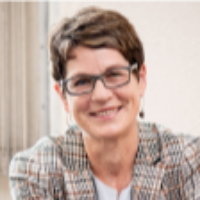 Shannon Gander
Shannon GanderLife is full of adjustments, and this current time is one of our greatest examples. We all want to navigate this new normal as best as we can. Let’s use this time as an opportunity to learn new skills and strategies that protect our mental health! In this interactive and dynamic workshop, participants will learn:
 March 2, 2023 Session 3
March 2, 2023 Session 3  Malgosia Tomanik
Malgosia TomanikAccording to Health Canada, we will not go back to what life was like before January 2020 soon. We need to plan a new normal for our work with children and their families. The new normal depends on several unknowns which cause further stress and anxiety. This workshop will provide information on creating a positive environment and handling stress in ways that increase resilience among children, their families, and childcare providers. In this session, we will discuss strategies to manage stress in predictable, moderate, and controllable ways.
 Tina Geers
Tina GeersDid you know that transitions can be a time of chaos or a time of calm? It’s true! Transitions can be calm, fun, and effective if we intentionally plan for them. Planning goes a long way when it comes to helping children through multiple types of transitions each day. And since not every strategy works with every child, we need lots of ideas ready to pull out when we need them the most! During this session, we will brainstorm, practice, and play some unique transition ideas that will be sure to add some magic to your transition times.
 Georgianna Lee
Georgianna LeeWe’ve heard the expression “put your oxygen mask on before helping others”, but what does that actually mean and how do we do this during busy days when so many tasks need to be taken care of and so many people need our help. Luckily there are many simple tools that we can use to help us feel more calm and at ease, alert and present, and connected and compassionate–so that we can help children and communities thrive. In this workshop, you’ll learn the importance of self-compassion and how to regulate your nervous system using a variety of mind and body practices.
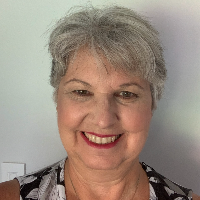 Cathy Turalinski
Cathy TuralinskiThis workshop will involve active participation in singing and sharing very effective songs and fingerplays that are designed for intentional purposes in different situations throughout the day with young children. We will talk about how music and movement can be used to support learning and development, and improve the flow of your day! Participants will also learn a variety of songs, fingerplays, music & movement activities for all ages!
 March 2, 2023 Session 4
March 2, 2023 Session 4  Malgosia Tomanik
Malgosia TomanikAccording to Health Canada, we will not go back to what life was like before January 2020 soon. We need to plan a new normal for our work with children and their families. The new normal depends on several unknowns which cause further stress and anxiety. This workshop will provide information on creating a positive environment and handling stress in ways that increase resilience among children, their families, and childcare providers. In this session, we will discuss strategies to manage stress in predictable, moderate, and controllable ways.
 Tina Geers
Tina GeersDid you know that transitions can be a time of chaos or a time of calm? It’s true! Transitions can be calm, fun, and effective if we intentionally plan for them. Planning goes a long way when it comes to helping children through multiple types of transitions each day. And since not every strategy works with every child, we need lots of ideas ready to pull out when we need them the most! During this session, we will brainstorm, practice, and play some unique transition ideas that will be sure to add some magic to your transition times.
 Georgianna Lee
Georgianna LeeWe’ve heard the expression “put your oxygen mask on before helping others”, but what does that actually mean and how do we do this during busy days when so many tasks need to be taken care of and so many people need our help. Luckily there are many simple tools that we can use to help us feel more calm and at ease, alert and present, and connected and compassionate–so that we can help children and communities thrive. In this workshop, you’ll learn the importance of self-compassion and how to regulate your nervous system using a variety of mind and body practices.
 Cathy Turalinski
Cathy TuralinskiThis workshop will involve active participation in singing and sharing very effective songs and fingerplays that are designed for intentional purposes in different situations throughout the day with young children. We will talk about how music and movement can be used to support learning and development, and improve the flow of your day! Participants will also learn a variety of songs, fingerplays, music & movement activities for all ages!
 March 3, 2023 Session 5
March 3, 2023 Session 5  Tina Geers
Tina GeersSupervision is more than just watching children. It comes with intentionality and responsibility. Effective supervision is a critical skill for every educator. We all know that children can sometimes get themselves into risky or even dangerous situations. So how can we keep them as safe as possible? By knowing the ins and outs of effective supervision. Join us as we discuss strategies to build our supervision skills through our environment, our interactions with children, and our knowledge of their individual needs. Let’s join the wilds of child care and learn how to navigate it effectively!
 Julie Hansen
Julie HansenCreating opportunities and experiences that bring program staff and families together is very important. Discover how to create a welcoming, nurturing environment. Learn how to host family fun events, brainstorm interactive documentation opportunities, and celebrate daily activities with open consistent communication.
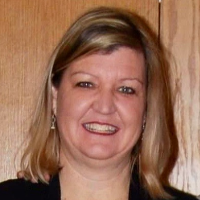 Nancy Tovell
Nancy TovellThis workshop is focused on sharing early literacy resources that promote diversity including race, creed, gender, culture, family structures, and abilities. We’ll have a chance to review the importance of being intentional with the types of early literacy information, tools, and strategies we incorporate into our programs, and explore concepts to strengthen, support, and enhance the fundamentals of literacy while celebrating diverse communities. Nancy will also share a variety of children’s books and related hands-on literacy extension activities that can be integrated into our current environments. These resources will be primarily geared toward children ages 2-6 years of age.
 Georgianna Lee
Georgianna LeeOne of the most important gifts we can offer a child is the knowledge that they are beautiful and unique as they are. We want children to know that they’re not only allowed–but are encouraged and supported–to delight in the heritages and cultures that make them who they are. Together we can help them grow up with a deep sense of pride for the stories, languages, traditions, and teachings of each culture that has shaped them. A child who revels in their identity is free to thrive and become all that they are meant to be. Together we can help create that for this next generation.
 March 3, 2023 Session 6
March 3, 2023 Session 6 Malgosia Tomanik
Malgosia TomanikFamily Centered Practice (FCP) creates a partnership with families, treating them with dignity and respect, honoring their values and choices, and providing supports to enhance their functioning as a family. We will explore how FCP can be linked to a wide range of benefits for both children and families. Content includes: contemporary approaches to working with families, understanding of FCP, relational and participatory components, collaboration, the role of the parent, effective help-giving, and why FCP makes a difference in functioning as a family. We will explore how FCP can be linked to a wide range of benefits for both children and families.
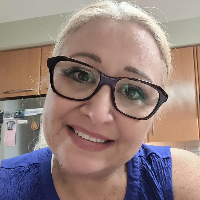 Cris Stathopoulos
Cris Stathopoulos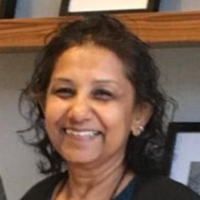 Naomi Paramanantham
Naomi ParamananthamUsing visual supports in our CNC programs can help children improve understanding and avoid frustration - especially when most of them lack English language skills. Visuals also help CNC staff to communicate clear expectations, provide structure and routine, and supply opportunities to interact with all the children in their care. Visuals also aid in promoting positive behaviour and fostering independence in all children and can significantly help with children who may be experiencing developmental delays or have issues specifically with expressive and receptive language.
 Carla Ward
Carla WardIn this workshop, we will look at the stages of play and the number one mistake most educators make when children are playing. We will look into strategies to provoke thinking and build innovative minds by implementing loose parts. Participants will learn the 5Ws of Loose Parts and how to use them intentionally in an early childhood environment. Participants will learn how to design their environment to create a sense of wonder and learning through play and how to support the loose part's journey.
 Georgianna Lee
Georgianna LeeOne of the most important gifts we can offer a child is the knowledge that they are beautiful and unique as they are. We want children to know that they’re not only allowed–but are encouraged and supported–to delight in the heritages and cultures that make them who they are. Together we can help them grow up with a deep sense of pride for the stories, languages, traditions, and teachings of each culture that has shaped them. A child who revels in their identity is free to thrive and become all that they are meant to be. Together we can help create that for this next generation.
Keynotes and plenary session presenters inspire you to grow within and beyond your programs
Expert-led sessions offer the knowledge and tools to create meaningful experiences for children and our community
Opportunities to network–and share experience and expertise
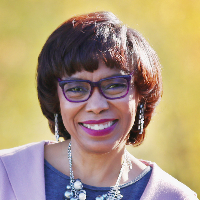
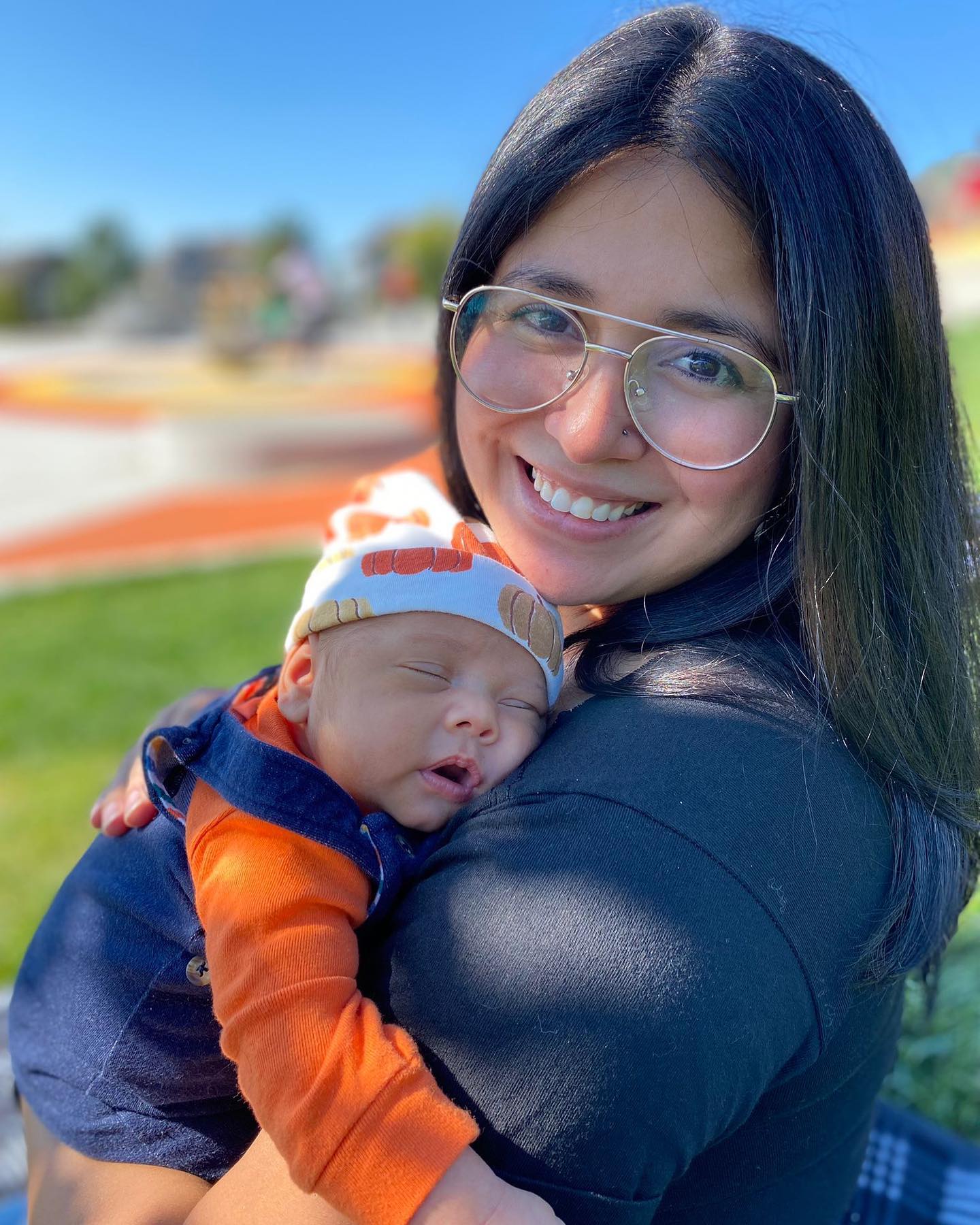
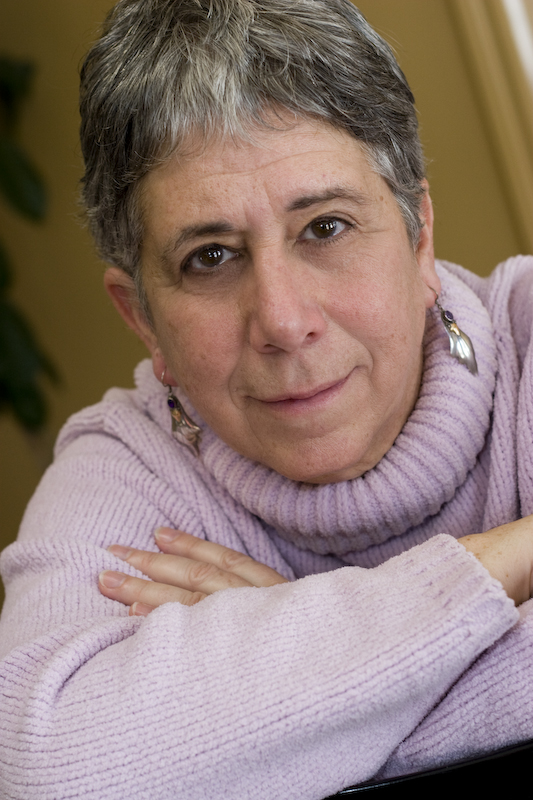

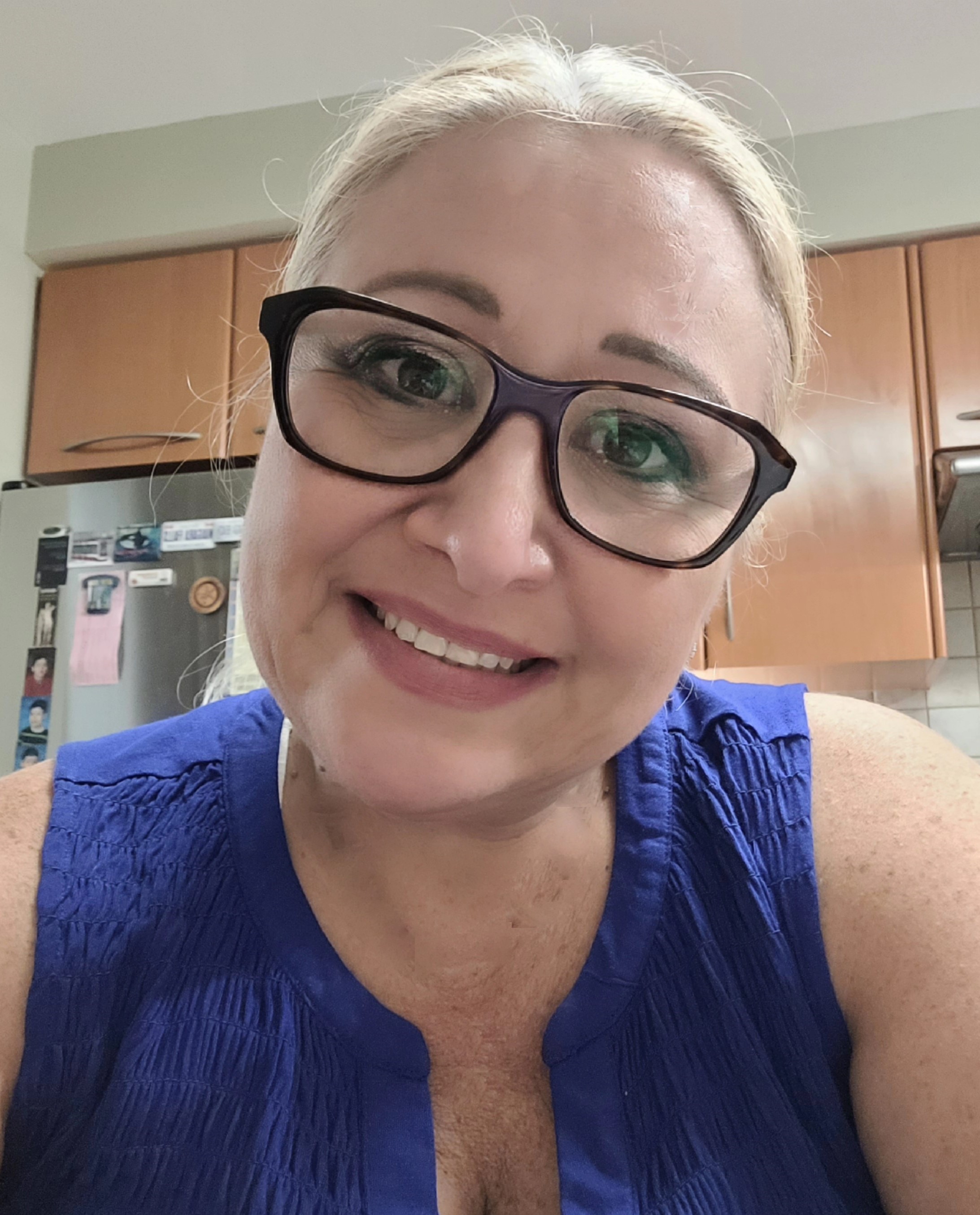
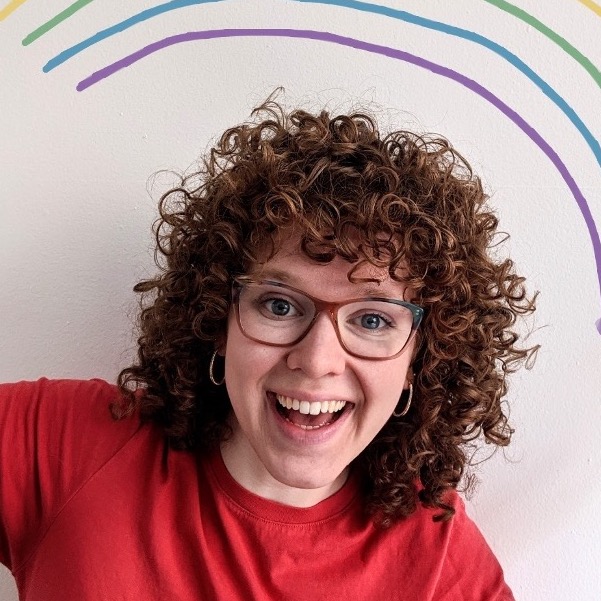
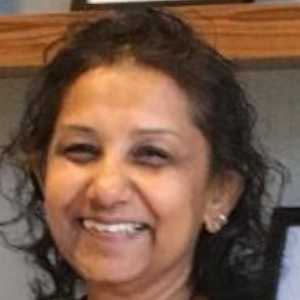

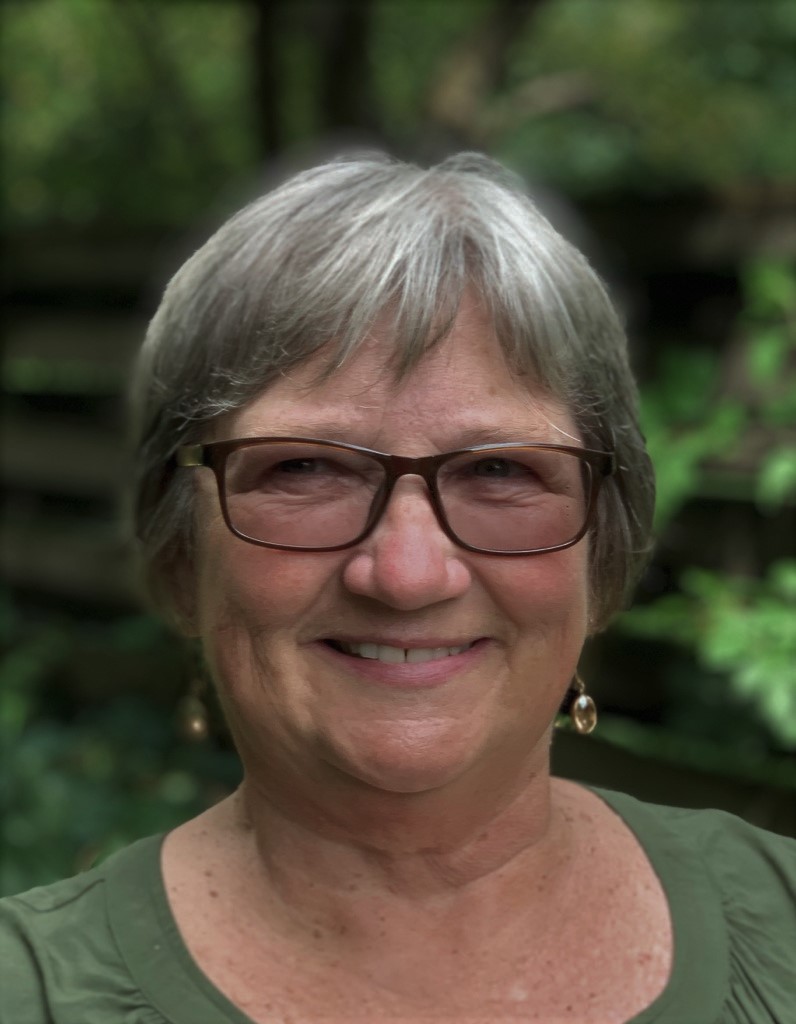




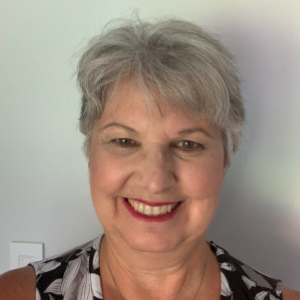
Special thanks to Immigration Refugees and Citizenship Canada (IRCC) for funding the 2023 CNC Conference and for your ongoing support.

Nous remercions tout spécialement Immigration, Réfugiés et Citoyenneté Canada (IRCC) d’avoir financé la conférence de GENA 2023 et de votre soutien continue.